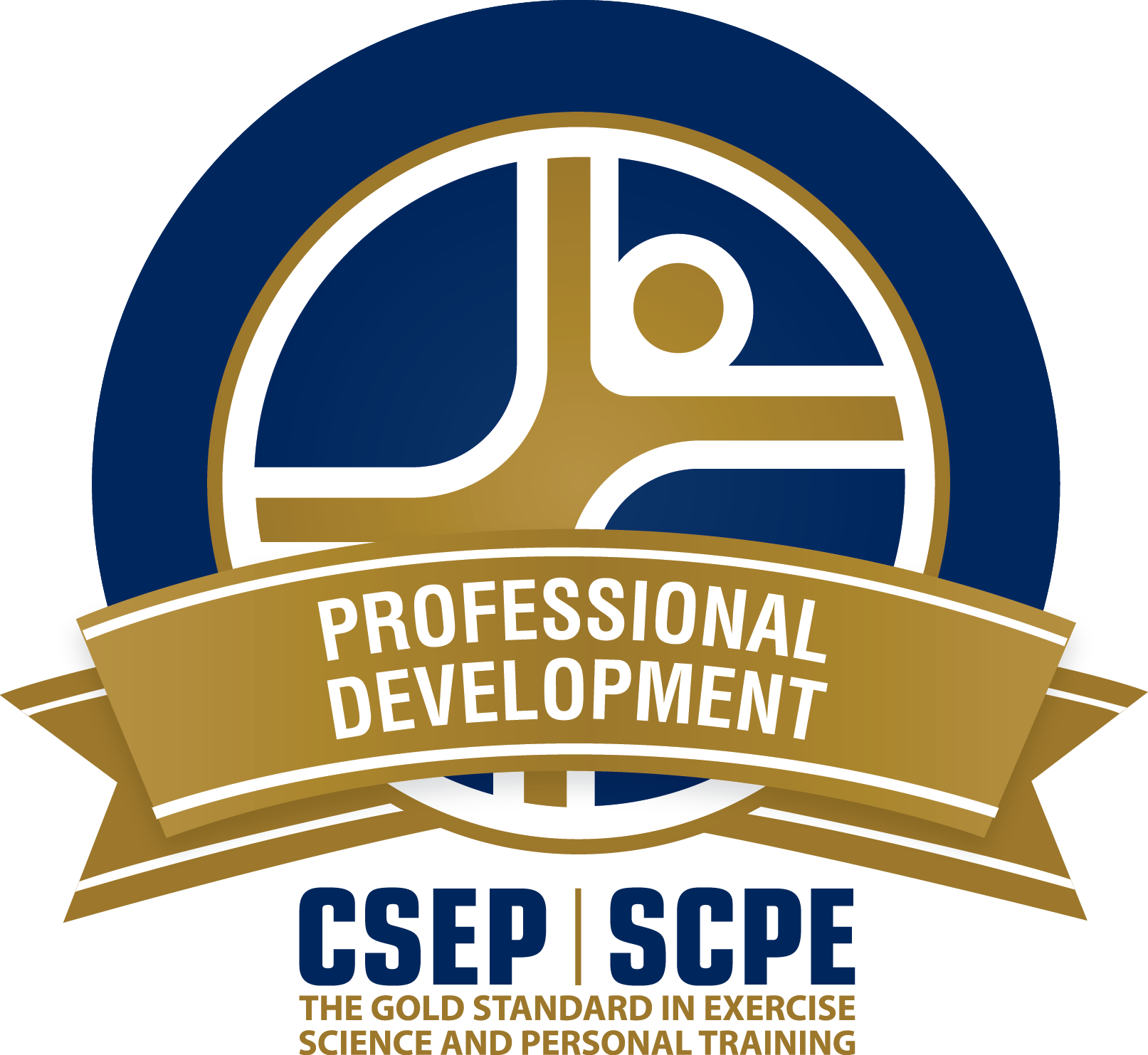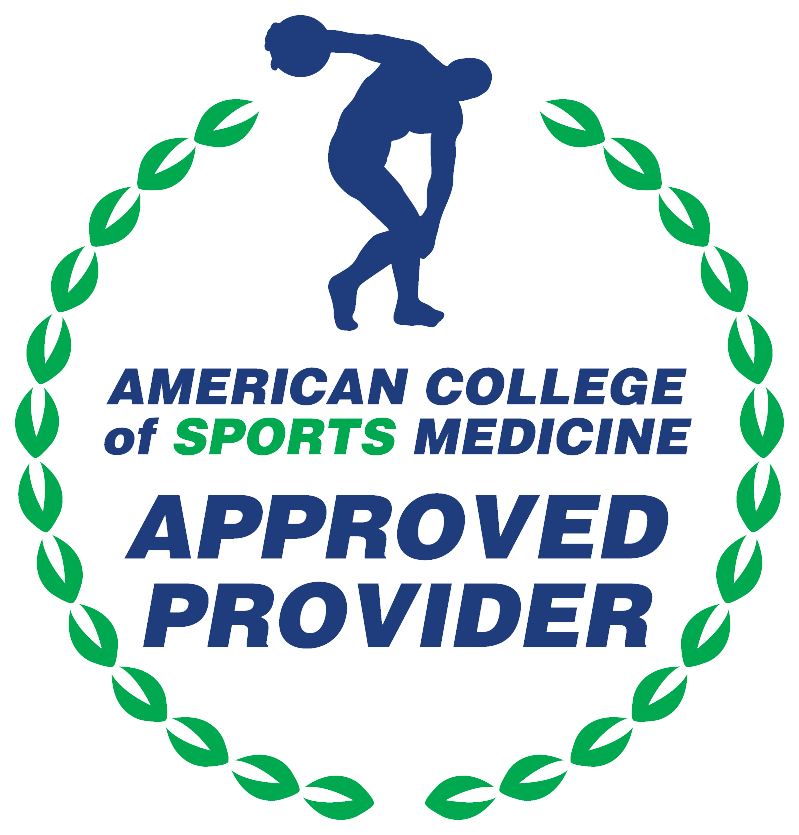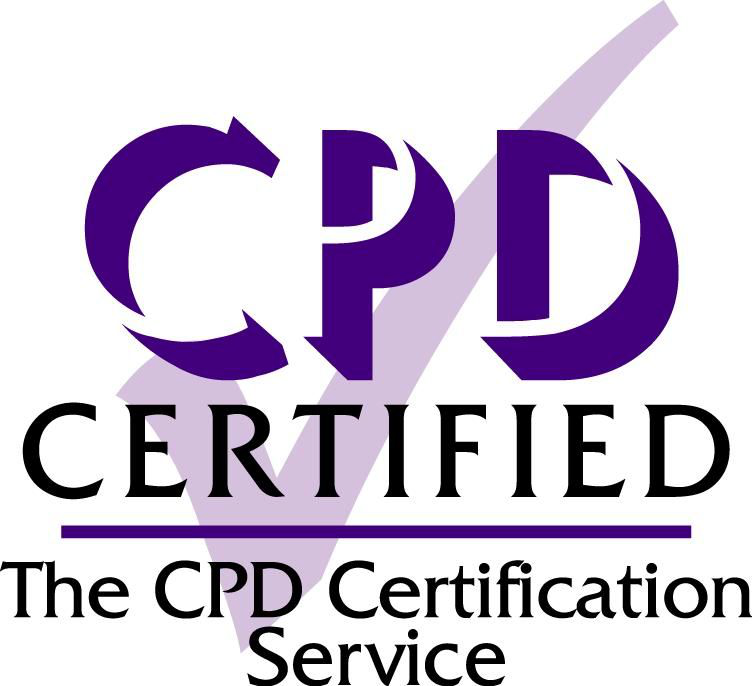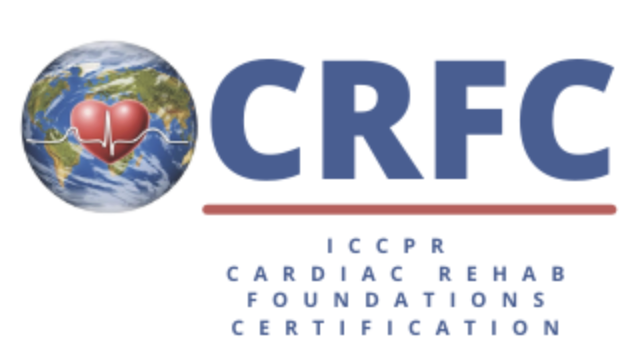ICCPR Cardiovascular Rehabilitation Foundations Certification (ICCPR CRFC)
Objectives The goal of the ICCPR CRFC program is to augment capacity for CR delivery around the globe. This course educates individuals on how to deliver all the core CR components, in accordance with ICCPR’s consensus statement on CR delivery in low-resource settings (Grace, Turk-Adawi, Contractor, Atrey, Campbell, Derman, Ghisi, et al., 2016; Grace, Turk-Adawi, Contractor, Atrey, Campbell, Derman, Melo Ghisi, et al., 2016). The aim is to recognize healthcare professionals from multiple disciplines who have achieved competence in the foundations of CR delivery and are committed to the basic CR practice standards espoused in the component modules. Graduates will be equipped to deliver basic preventive and rehabilitation services for cardiovascular diseases in the settings in which they work. This program will provide learners with the cognitive knowledge to deliver CR, but technical and clinical skills should be developed in the home setting. Eligibility To enroll in the certification course, applicants require a minimum education of 12 years (i.e., high school or equivalent) and 500 hours experience (includes volunteering) in the healthcare field. Applicants living or practicing in the United States or the United Kingdom cannot enroll in this program unless they have completed the CR certification designation available in their home country. Please note that ICCPR strongly advocates that all CRFC-certified individuals have current Cardiopulmonary Resuscitation (CPR) certification and training. While this is not a requirement, learners are asked to attach documentation of certification at the time of application where available. If you do not have certification already, some resources for certification are as follows: https://www.redcross.org/take-a-class/cpr/cpr-training/cpr-online https://www.cprcertificationcourses.com/ https://www.nationalcprfoundation.com/courses/standard-cpr-aed/ Requirements The certification program requires both online and self-directed learning. The course consists of online video modules, self-directed learning through supplemental recommended resources, and a final examination. Once eligibility is confirmed and payment is received, learners will be provided access to the certification curriculum. There are 8 modules (plus 2 optional/bonus modules), each with an approximately 90-minute video lecture delivered by an ICCPR Subject Matter Expert (Table 1). Each module corresponds roughly to the core components of CR outlined in the ICCPR consensus statement on CR delivery in low-resource settings (Grace, Turk-Adawi, Contractor, Atrey, Campbell, Derman, Ghisi, et al., 2016; Grace, Turk-Adawi, Contractor, Atrey, Campbell, Derman, Melo Ghisi, et al., 2016). Learners should expect to dedicate 15-20 hours of learning and studying prior to initiating the certification program exam. There are 2 case studies to exemplify the concepts. There is a final examination to undertake after all modules are complete, consisting of 80 multiple choice questions (10 questions per module). Learners can only initiate the exam once they have viewed each module and read the supplemental resources. A practice exam is available to take before initiating the final exam. You will have 1.5 hours to complete the exam (approximately 1 minute / question). If you do not complete the exam within this time limit or leave the webpage, you will not receive a passing grade. You will need to review the course material before attempting the exam again, and you will have to pay the exam re-take fee. Learners must achieve a passing grade of 70%. If a failing grade is received, learners will have the opportunity to re-write the exam. You will need to review course materials before the re-write, with a maximum of 3 exam attempts. Each exam re-take is $50USD. Designation Those successfully completing the ICCPR certification program can add the CRFC designation after their name. A certificate will be provided to substantiate successful completion of the course and passing of the examination. This certification provides recognition that holders have the basic knowledge to deliver CR. Your name will also be listed in the ICCPR website as it appears on your application form. At this time, there are no re-certification requirements. ICCPR encourages recipients to engage in continuing education, particularly in their technical and clinical skills. DISCLAIMER/INDEMNIFICATION: Completion of this scheme only certifies foundational knowledge in the field, and in no way signifies capacity to practice clinically. ICCPR hold no legal responsibility for patient care, malpractice, innocent accidents or negligence. The learner agrees to indemnify and hold the ICCPR harmless against any claims, deeds, suits, actions, proceedings, recovery warranties or representations. It is understood that the warranties, representations and indemnification will survive in perpetuity. Applicants/learners should understand and comply with healthcare regulations and requirements for personal liability insurance in their jurisdiction. How to Apply The application form can be found by clicking the corresponding rectangle at the top right of the page. Once your eligibility is confirmed, you will see instructions regarding how to enroll, pay and start the program. Successful applicants will also be added to a Google Group so you may communicate with other CRFC learners at any time by emailing iccpr-crfc@googlegroups.com. You do not have to opt-in when you receive the invitation email. The Google Group is not actively monitored by ICCPR. The cost of the course, including the examination fee, is $125 USD (If this fee is prohibitive, contact us) The fee is paid through Paypal (If you do not have a Paypal account, please email iccprcrfc@gmail.com we can generate an invoice for you to pay via credit card). Reference List Grace, S. L., Turk-Adawi, K. I., Contractor, A., Atrey, A., Campbell, N., Derman, W., … Sarrafzadegan, N. (2016). Cardiac rehabilitation delivery model for low-resource settings. Heart: 102 1449-1455. Grace, S. L., Turk-Adawi, K. I., Contractor, A., Atrey, A., Campbell, N. R. C., Derman, W., … Sarrafzadegan, N. (2016). Cardiac Rehabilitation Delivery Model for Low-Resource Settings: An International Council of Cardiovascular Prevention and Rehabilitation Consensus Statement. Progress in Cardiovascular Diseases, 1–20. Acknowledgments Leads: Dr. Aashish Contractor (India; ICCPR Chair), Prof. Sherry Grace (Canada; ICCPR Vice-Chair) Inaugural Working Group Members: Rongjing Ding (China), Artur Herdy (Brazil), Sophie Charles (Ireland), Ana Mola (USA), Nana Pogosova (Russia), Milliya Lu (China), Gabriela Ghisi (Canada/Brazil), Francisco Lopez Jimenez (US, L. America), Cindy Lim (Singapore), John Buckley (UK), Alison Atrey (Canada/UK) and Abraham Babu (India)| No. | Module / Core Component | Main Subject Matter Expert | Secondary SME (if applicable) |
|---|---|---|---|
| 0 | Introduction to CR & benefits | Francisco Lopez Jimenez (USA, Mexico) | Sherry Grace (Canada) |
| 1 | Patient Assessment (and re-assessmt.) | Aashish Contractor (India) | |
| Lifestyle Risk Factor Management | |||
| 2 | Diet | Rebecca Liang (Canada) | Alison Atrey (UK) |
| 3 | Exercise Testing & Training | Abraham Babu (India) | |
| 4 | Tobacco Cessation | Diann Gaalema (USA) | Ana Mola (USA) |
| 5 | Mental Health / Psychosocial / Return to work | Sherry Grace (Canada) | Jonathan Gallagher (Ireland) |
| Other Modules | |||
| 6 | Medical Risk Factor Management (cholesterol, blood pressure, medications) | Tee-Joo Yeo (Singapore) | Aashish Contractor (India) |
| 7 | Patient Education & Counselling | Gabriela Ghisi (Brazil / Canada) | |
| 8 | Mode of Delivery / Setting | John Buckley (UK; other advisors) | Rod Taylor (United Kingdom) |
| 9 | Engaging women in cardiac rehab (optional) | Sherry Grace (Canada) | Jennifer Price (Canada), Joyce Ramos (Australia), Henita Menezes (India) |




